
Insights & Tips for Educators & Therapists
Gain valuable insights and practical tips to support your work as an educator, speech-language pathologist, or special education professional. Connect with a global community, explore innovative strategies, and stay informed with the latest trends in education and therapy.
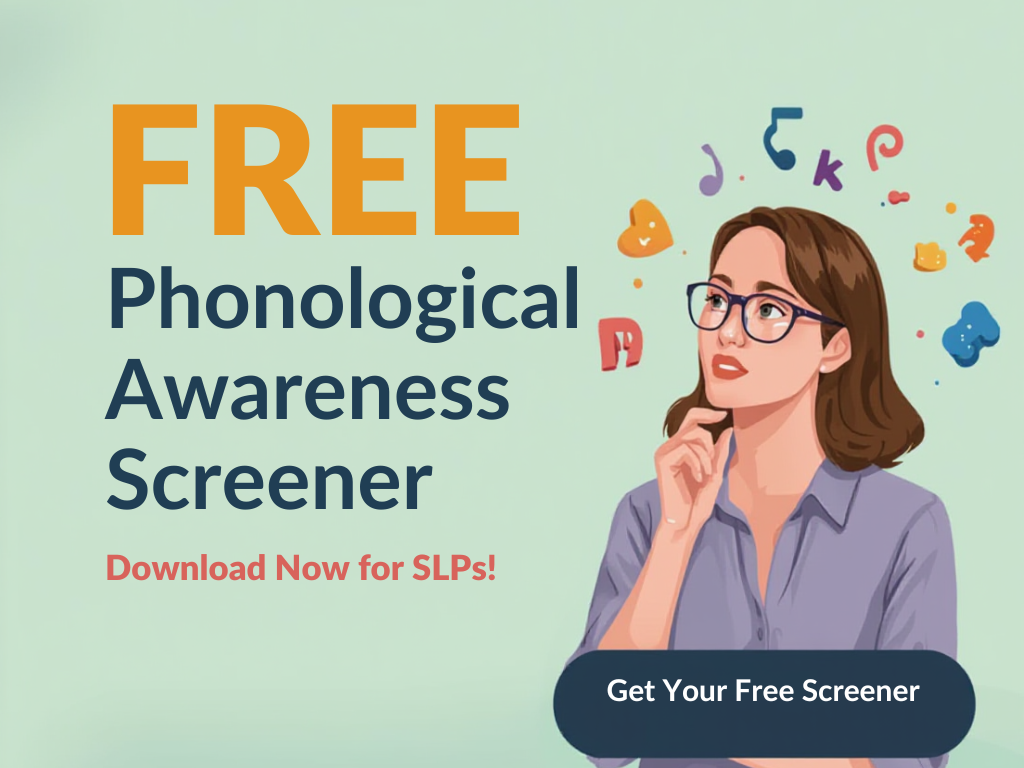
Free Phonological Awareness Screener for SLPs
Download our free phonological awareness screener for SLPs—designed to identify strengths and areas for intervention in children ages 4–8.
READ MORE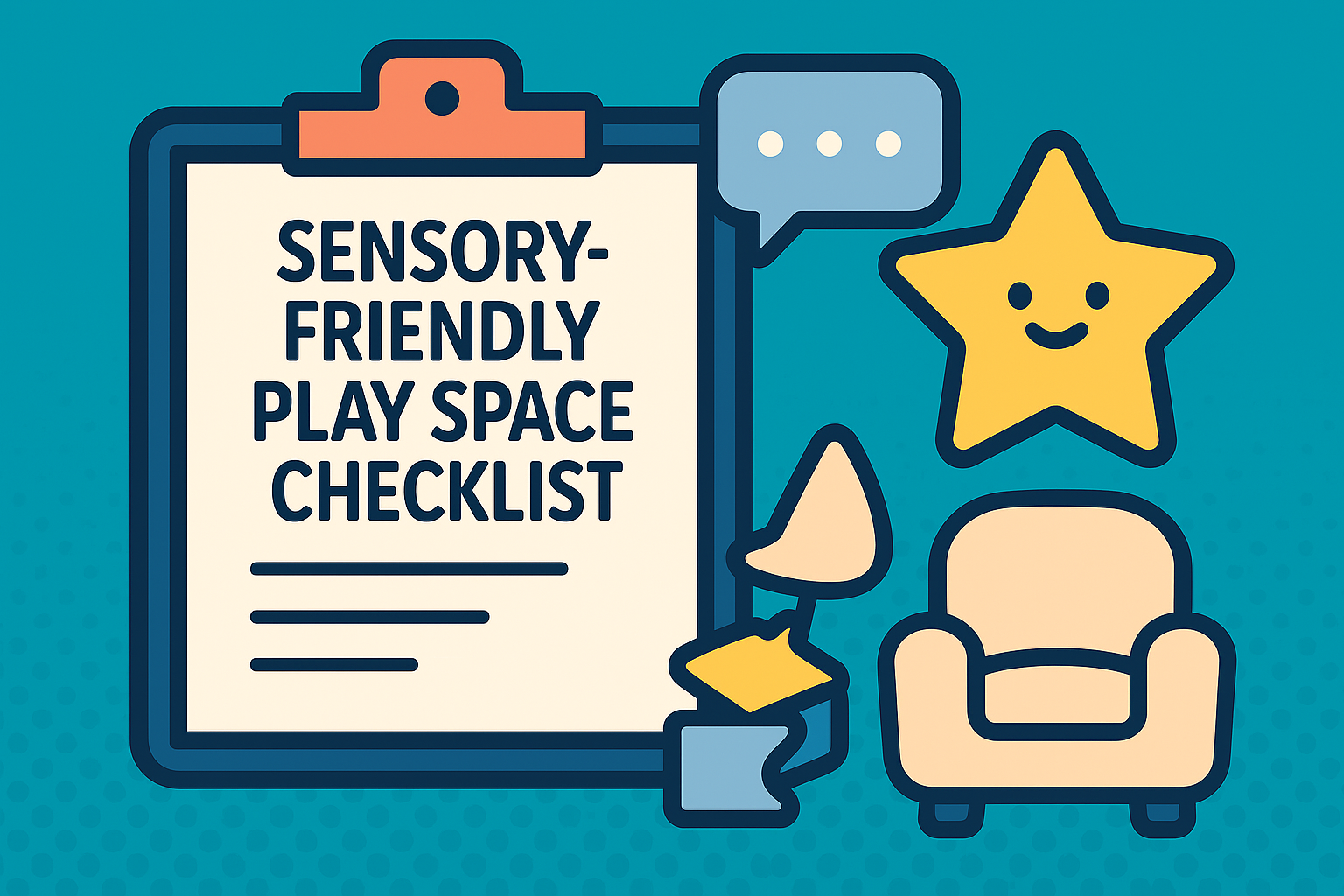
Create Calm and Connection: Free Sensory-Friendly Play Space Checklist
Play should be a safe, joyful experience for every child. Our free Sensory-Friendly Play Space Checklist gives families, educators, and therapists practical tips for creating spaces that invite calm, curiosity, and connection. From lighting and seating to sensory tools and flexible routines, this guide helps you design environments where all play is honored.
READ MORE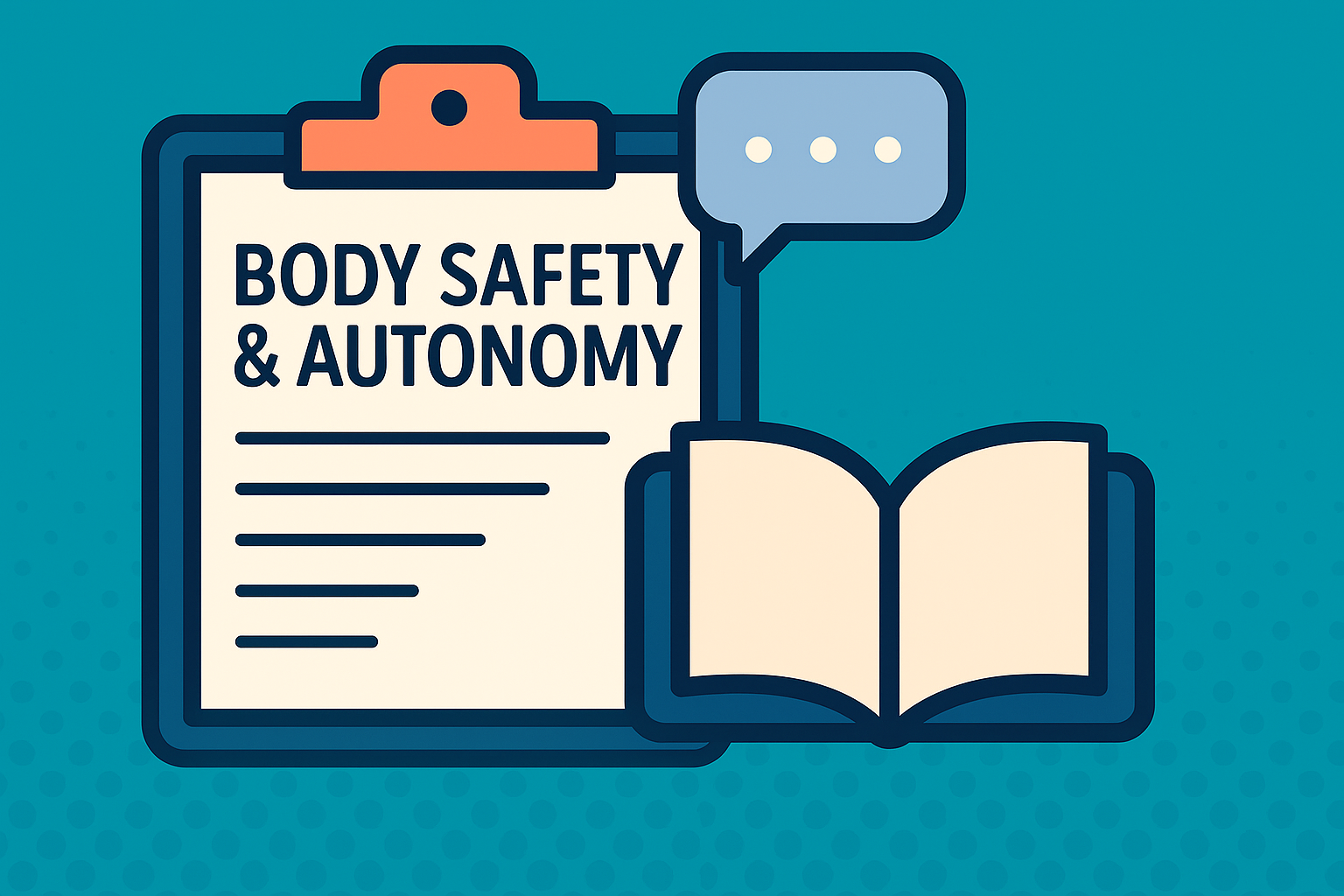
Teaching Body Safety & Autonomy: Adaptations for Neurodivergent Learners
A free, printable guide with practical, evidence-informed strategies to help families, educators, and therapists teach body safety and autonomy to students with language delays and neurodiverse profiles. Learn how to adapt lessons with visual supports, sensory considerations, and collaborative approaches to make this critical education accessible, affirming, and empowering.
READ MORE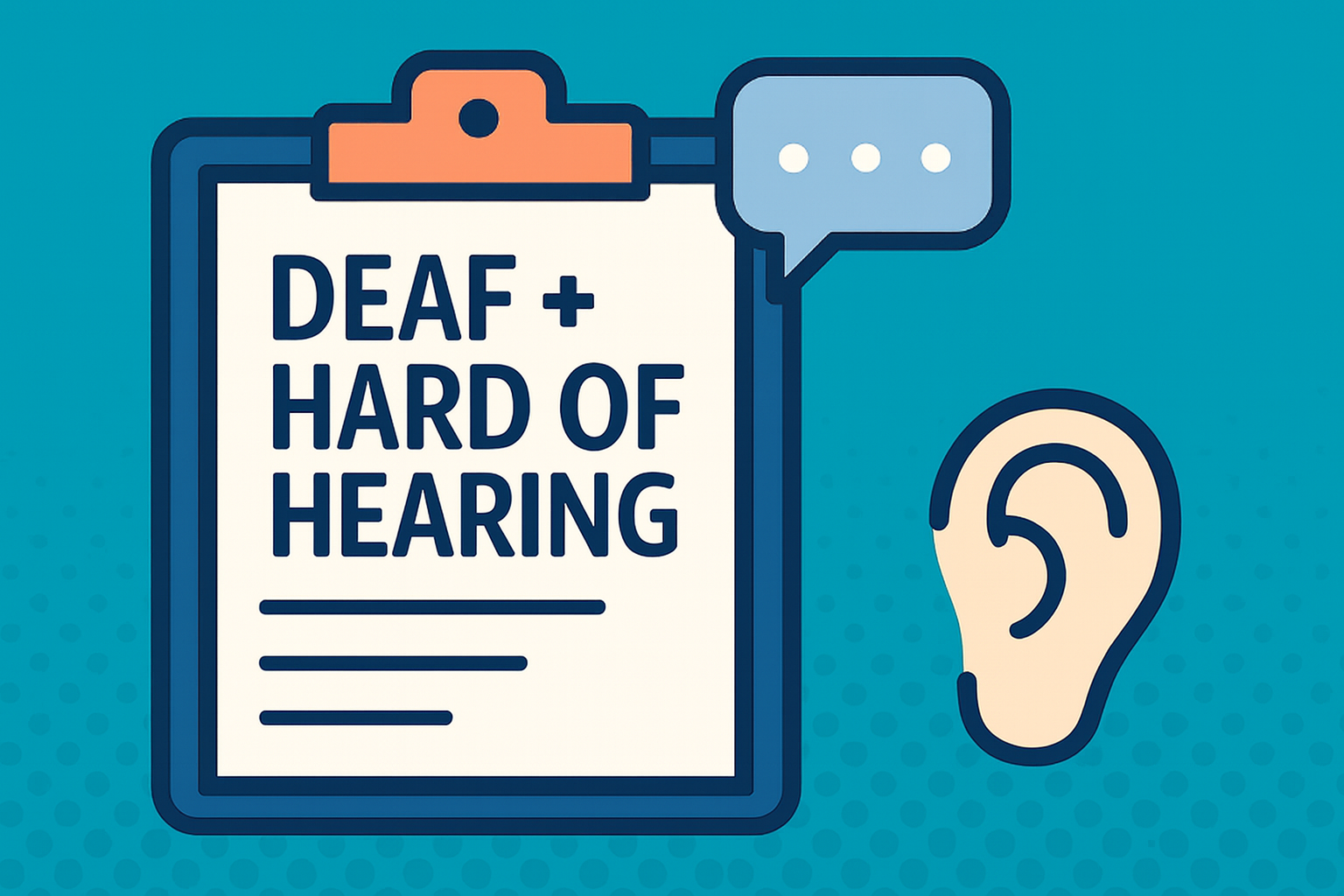
Top 5 Inclusive Communication Strategies for Supporting Deaf and Hard of Hearing Students
A free, printable guide with five practical strategies to help SLPs, educators, and school teams create accessible, inclusive, and affirming learning environments for Deaf and hard of hearing students. Learn how to honor communication preferences, improve visual access, facilitate equitable participation, and collaborate effectively—while celebrating Deaf culture and identity.
READ MORE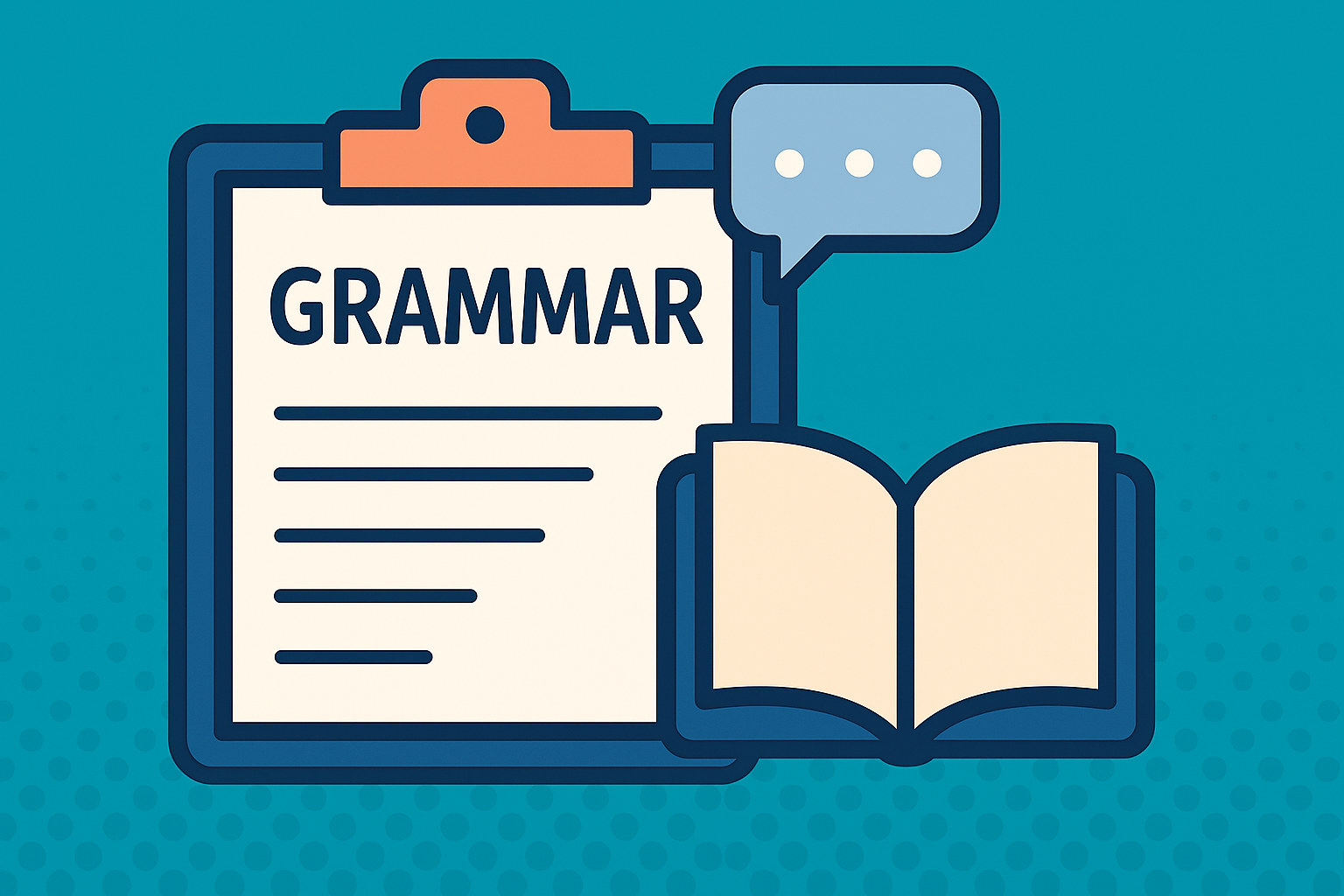
10 Grammar Goals You Can Start Today for SLPs and Educators
A free, printable guide with 10 ready-to-use grammar goals—complete with IEP-aligned examples—to help SLPs and educators target language skills effectively. Perfect for tailoring to different ages, support levels, and classroom or therapy contexts, this resource is designed to save you planning time while ensuring goals are functional, measurable, and aligned with student needs.
READ MORE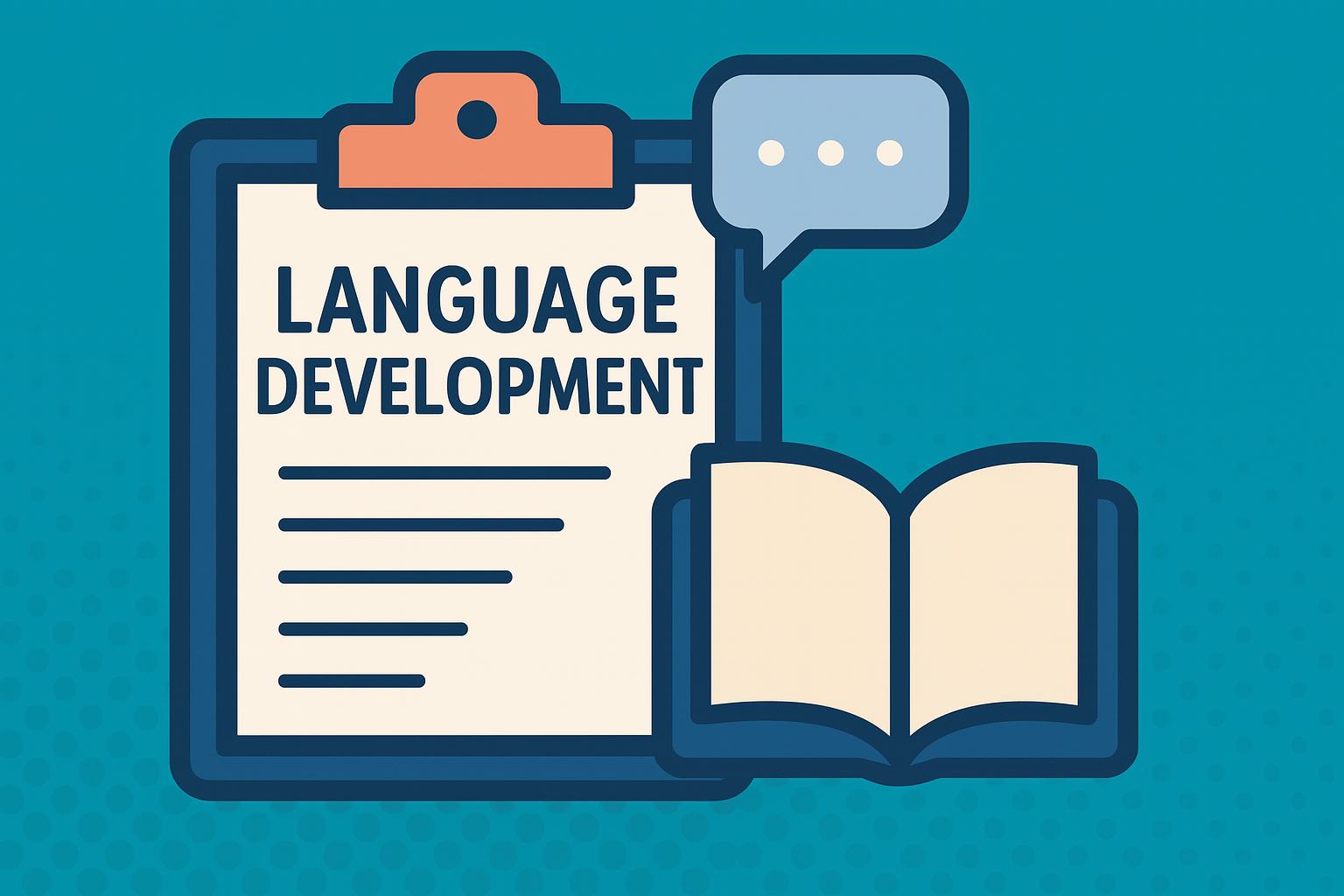
Boost Language Development Through Daily Routines: Free Printable Guide for Families & Providers
Language learning doesn’t require fancy toys or extra time—it’s already woven into the everyday routines you do with children. From mealtime to cleanup, simple interactions can spark rich language growth when we know how to tune in and talk back. That’s why we created this free printable guide: 5 Everyday Routines That Boost Language Development. It’s full of practical, play-based ideas you can share with families or use during home visits and early intervention sessions to support meaningful communication.
READ MORE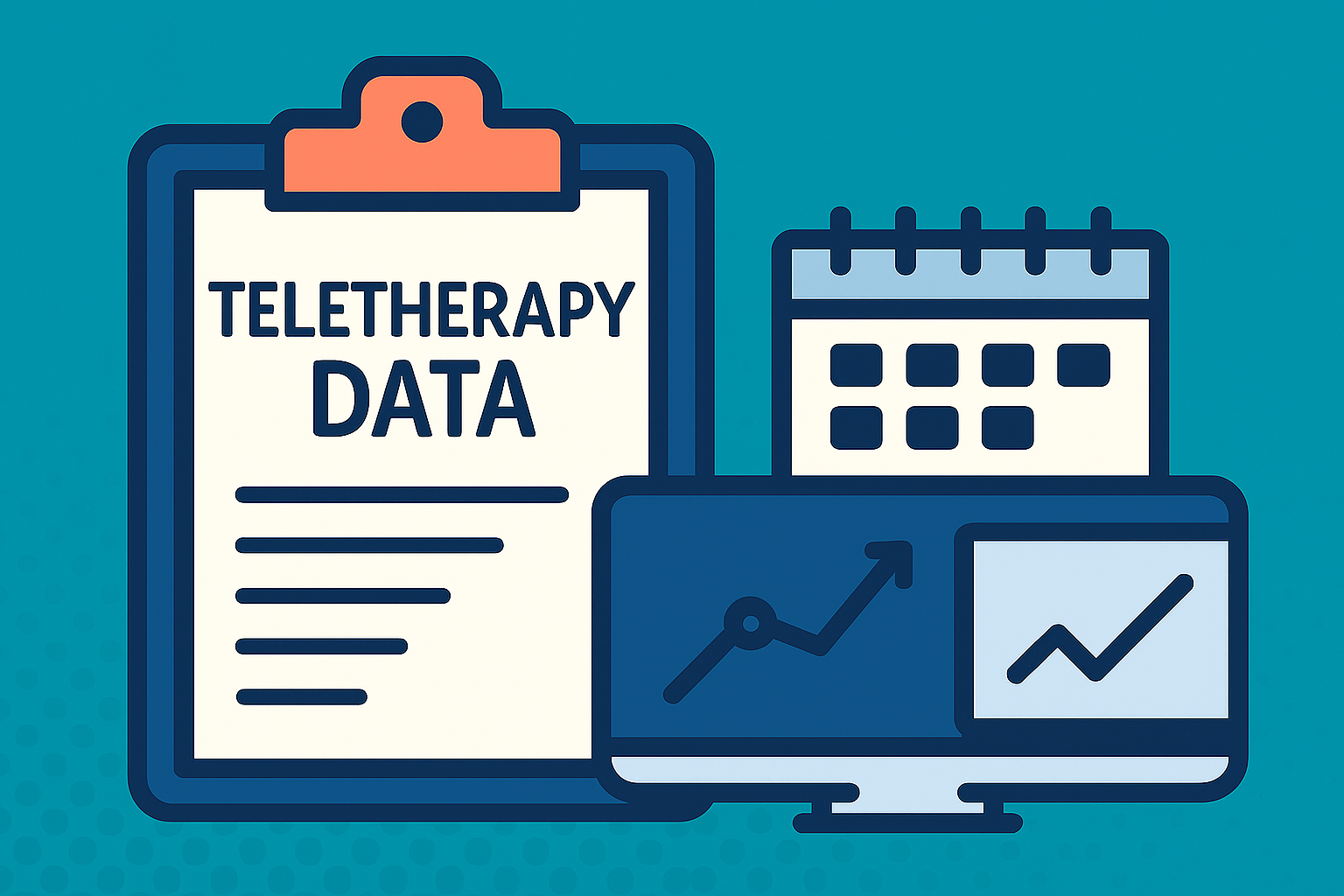
Teletherapy Session Templates for SLPs: Easy-to-Use Forms for Data Collection and Progress Monitoring
Keeping up with documentation during virtual therapy can be overwhelming—especially when you're juggling multiple students, platforms, and goals. Whether you're new to telepractice or looking to streamline your workflow, having clear, organized templates can make a big difference. That’s why we created this free bundle of Teletherapy Data Templates—including printable session sheets, weekly progress trackers, and a quick-click checklist for real-time note-taking. Designed for busy SLPs, these tools make it easier to stay focused, stay compliant, and stay connected to your students' progress.
READ MOREJoin Our Email List
Sign up to be the first to know about new events, course launches, exclusive discounts, and practical insights to support your professional growth.
Thank you for subscribing!
Have a great day!
